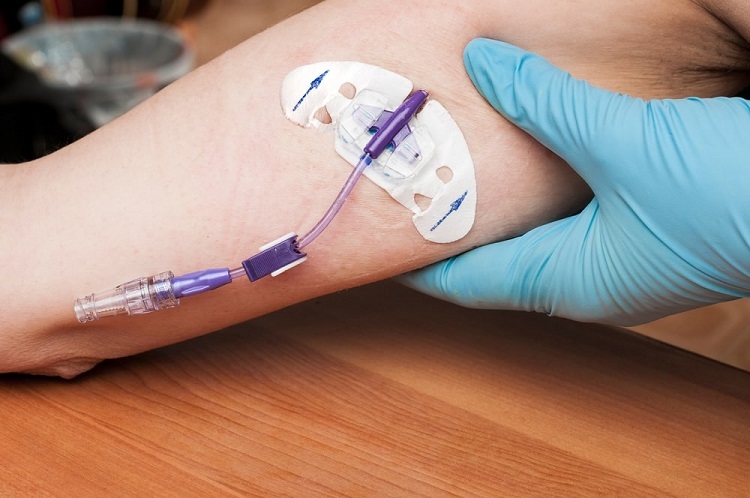Every newborn deserves excellent care to ensure they are in good health. At this initial stage, you can know if your child has any health condition or deformity. You are therefore advised to take your newborn to see pediatrics five days after delivery. Luckily your Argyle newborn care specialists at Argyle Pediatrics can help ensure your newborn grows healthy.
Table of Contents
What happens during your first visit?
When you take your newborn for checkup five days after delivery, your pediatrician will perform a thorough physical exam of your newborn to determine if there are any abnormalities, and will conduct other tests such as screening your baby’s vision, hearing, and reflexes.
Your pediatrician will also take measurements of your baby’s weight, length, and head circumference and record it on a growth chart to ensure your baby’s growth progresses well. Your pediatrician will also check your baby’s fontanels, behavior, and development.
Your pediatrician will talk over your baby’s eating habits, nutrition, and sleeping habits. They will also advise you to eat a balanced diet to boost your baby’s health as well as discuss with you the vaccinations needed for your baby and schedule your baby’s next appointment.
Expectation after your newborn is one month old
During your first month’s visit, your pediatrician will perform a physical exam, take measurements, conduct developmental surveillance, and perform behavioral and psychosocial assessments. Your pediatrician may explain the development your baby should have after one month. These include:
Your baby should be able to hold legs and arms in a flexed position. The baby should be able to move both legs and arms equally and react to sound by blinking, turning their head, quieting down, and crying. Your baby should pay attention to bright objects or faces and have strong reflexes like grasp, sucking, rooting, and fencer pose.
During this visit, your pediatrician can test your baby for tuberculosis and administer the second dose of hepatitis B.
Types of immunizations your baby will receive
There are various types of immunizations that your baby will get depending on the age. These include:
The RV vaccine protects your baby from rotavirus. The DTaP vaccine is to protect your baby from diphtheria, pertussis, and tetanus. The HIB vaccine protects your baby against Haemophilus influenza type B, while the IPV vaccine protects your baby against polio, and the PCV vaccine protects your baby from pneumococcal virus.
Your pediatrician will administer the MMR vaccine to protect your baby from measles, mumps, and rubella as well as the varicella vaccine to protect against chickenpox, and the hepatitis A vaccine to prevent hepatitis A infection.
Your baby will receive the first dose of these vaccines during the two-month visit, the second dose at four months, and the third dose at six months. At twelve months, your baby will receive the fourth dose of HIB and PCV.
Your baby will also receive the first dose of MMR and varicella vaccine between twelve to fifteen months, and the hepatitis A vaccine between twelve to twenty-three months. To reduce pricking, your pediatrician can combine some shots.
If you have a newborn, do not hesitate to call or book an appointment online with Argyle Pediatrics for the best newborn care services.









